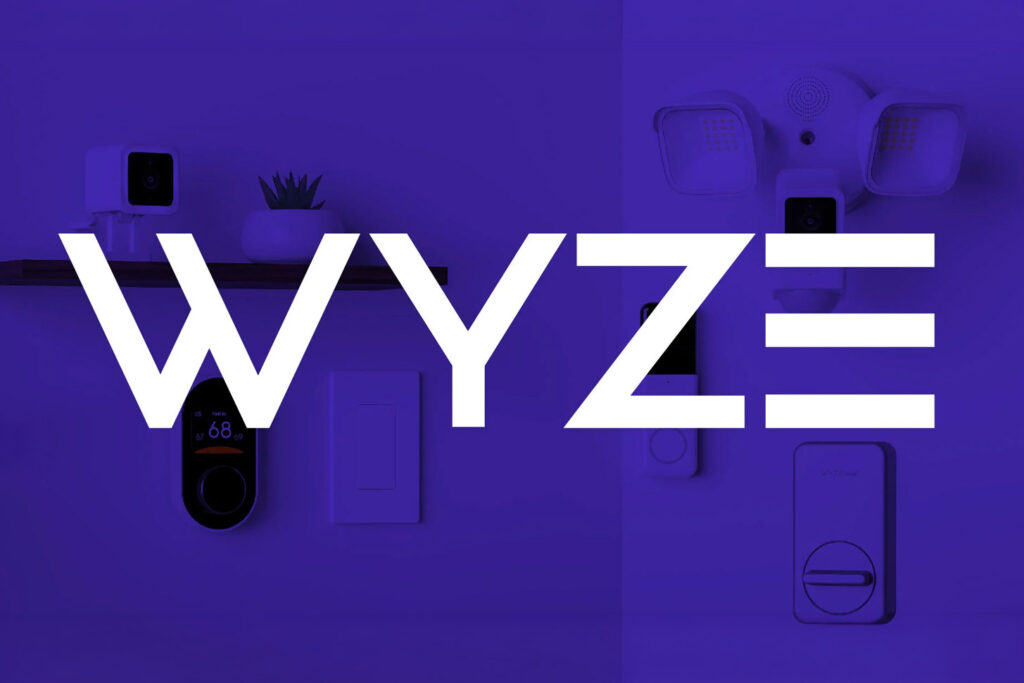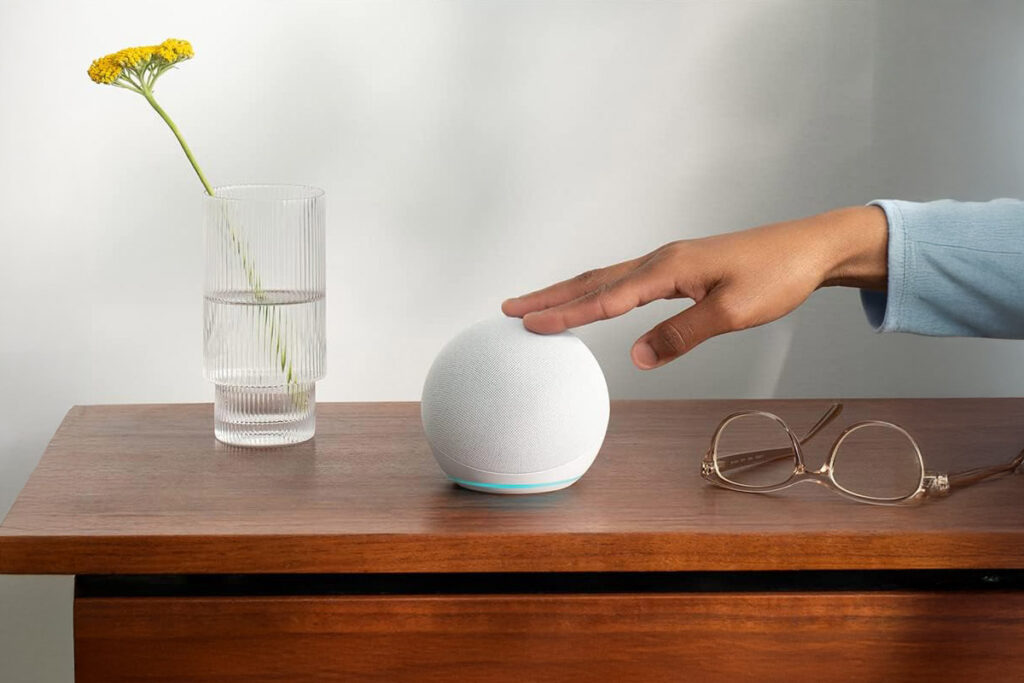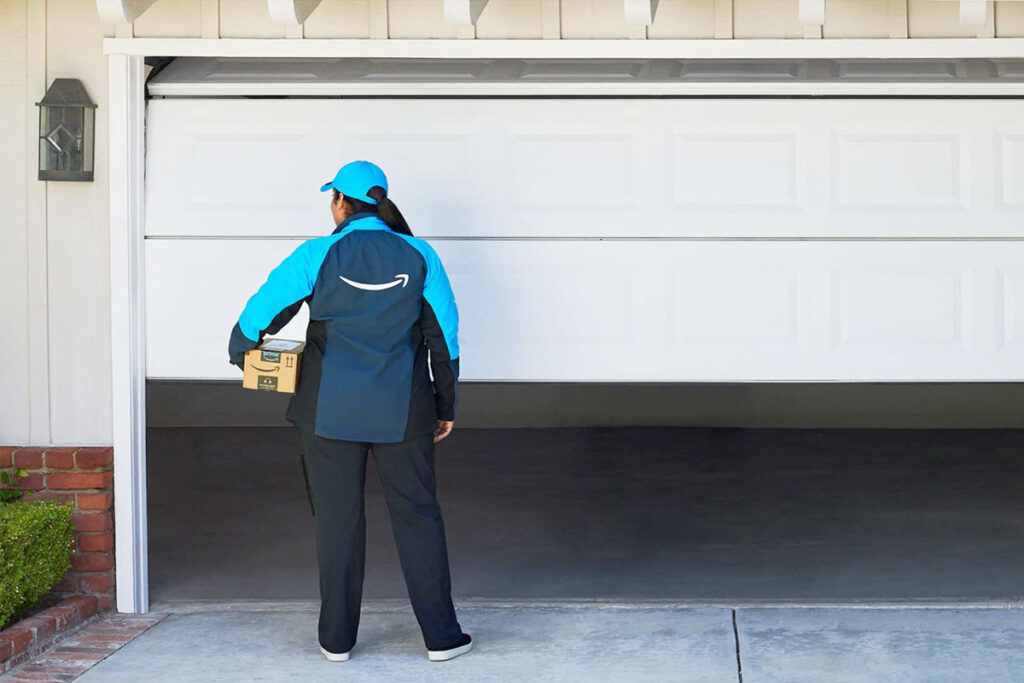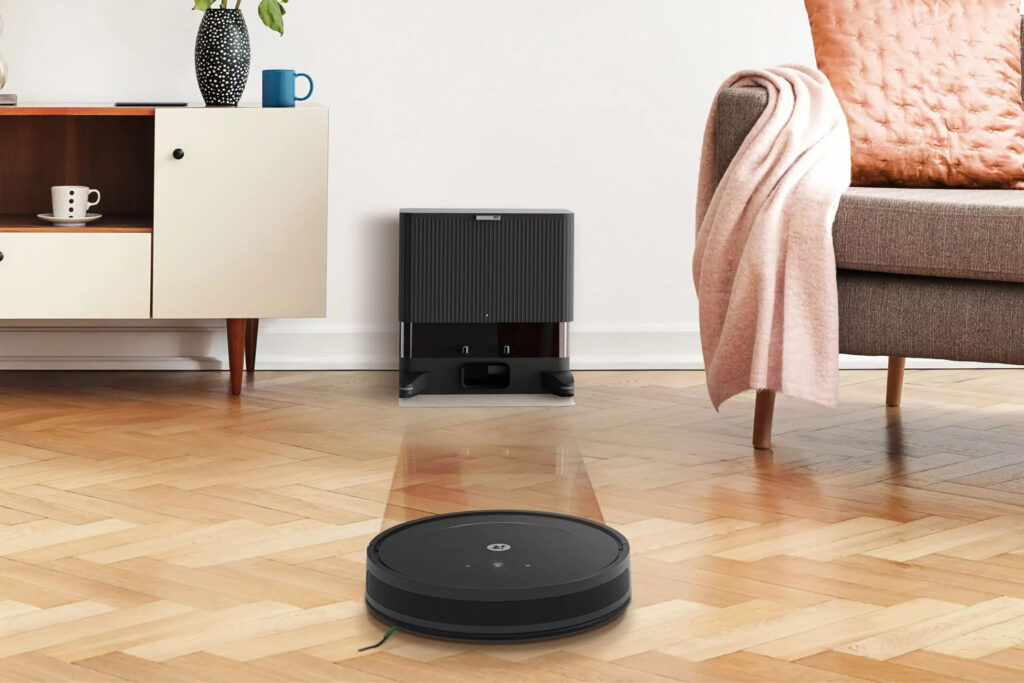The Roomba first debuted in 2002, and in just two short years, over a million had been sold. Over the next 20+ years, similar robotic vacuums came onto the scene, and the term “roomba” became a generic trademark referring to all of them.
You may know someone who has a Roomba or maybe you’ve been curious about trying one out – but is the Roomba right for everyone? And are they worth it? For most consumers, there are both upsides and downsides to Roombas, which is why you should do some research before making a purchase.
So… Are Roombas Worth It?
Roombas (or “robovacs”) are a good option for people who don’t have time or who are unable to clean due to mobility issues, who live in smaller spaces, and whose homes don’t have a ton of obstacles. However, they’re not right for all people. This can include those with larger homes, who don’t like the noise Roombas make, or who don’t want to own multiple cleaning machines.
Roombas are great on hard floors but can struggle over some carpets and rugs, especially ones with deep piles. Plus, the more basic models fill up quickly and need to be emptied frequently, and they can take a long time to clean dirty spaces. On the other hand, many consumers love the automation and ease they bring to their lives.
Roomba Pros & Cons – How to Decide if Robot Vacuums Are Right For You
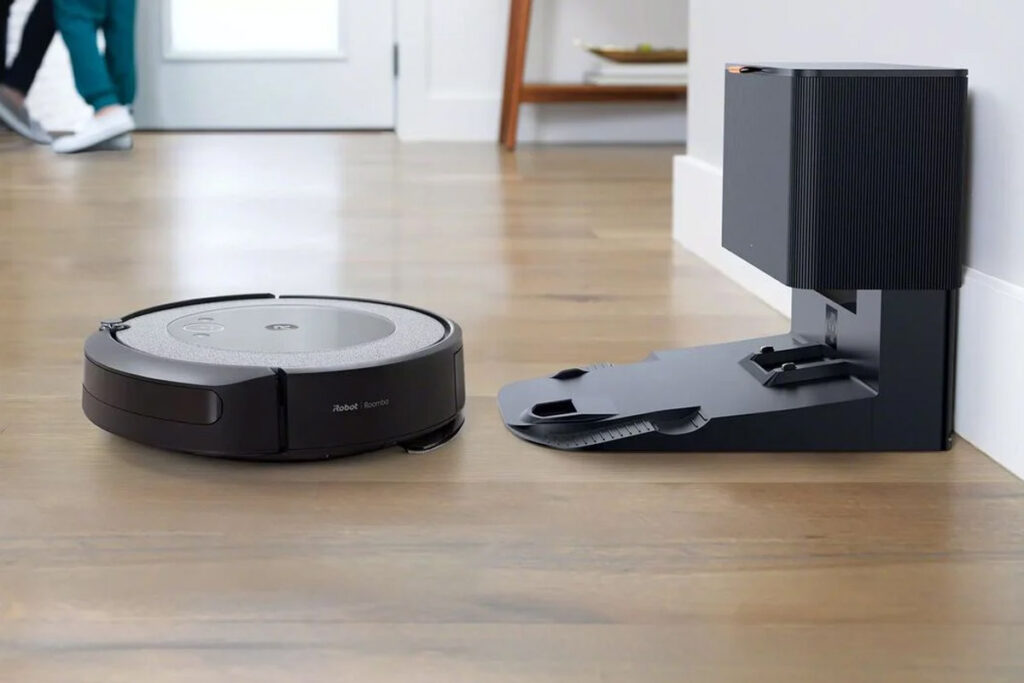
As with any product, there are advantages and disadvantages. Weighing these pros and cons will give you a better idea if a Roomba is right for you.
Pros of a Roomba
🤏 Small size: Because of its small size, it can move easily under couches, chairs, cabinets, and tables meaning all areas of your home get clean without having to move items out of the way. And, the circular brush design gets around chairs, table legs, and into crevices and corners easily.
🧹 Ideal for hard floors: Sweeping alone can get the big stuff, but it also kicks up dust that eventually falls back on your floor but the Roomba vacuums this up.
🛋️ Adapts to flooring: It transitions well from hardwood floors to carpet in most cases. Robovacs are designed to navigate between different types of flooring, and the Roomba should be able to move between these spaces with ease. However, while it’s great on thin carpets, it simply doesn’t have the suction power to get a carpet or rug as clean as an upright vacuum does.
📱 Mobile App: Many robovacuums can connect to an app making it easy to monitor when you’re away from home. Home connectivity features allow you to see if it’s running, set a cleaning schedule, and start and stop it. It's available for download on the Apple App Store and Google Play.
Cons of a Roomba
🗑️ Gets full quickly: The dustbin isn’t very big and when it gets full, the Roomba will shut off. If you don’t use it regularly, it will fill up fast which means you have to stay alert to empty it. Some models can empty themselves, but these are more expensive.
🏘️ Struggles with large homes: It’s not ideal for large or multi-story houses. Although a robovac can clean an entire house, it will take much longer in a big house or one with an odd layout with lots of corners and other obstacles. This means you have to physically move it or else find that certain areas are clean while other areas remain untouched.
🔊 Noisy: When Roombas are on, they make a humming noise (not as loud as a regular vacuum but noticeable nonetheless), and this constant drone can annoy homeowners.
👎 Lacks versatility: Most traditional vacuums have attachments to clean off furniture, drapes, or other areas of your home, but robotic vacuums only clean floors. This means you’ll have to invest in another vacuum cleaner to clean your entire house.
🐕 Pets can be a problem: While it’s true that many cat and dog owners love a Roomba to tackle the constant pet fur that plagues their homes, it can also fill up the dustbin fast which means you’ll have to empty it for it to continue working. What can be far worse though is when your pet has an accident on the floor and the Roomba spreads it around your home.
💲 Expensive price tag: Consider your personal finances. Even the most basic model costs around $300 and the most expensive will be upwards of $1,000 to $2,000, which isn’t feasible for many types of personal budgets.
What Are Some Popular Robot Vacuums?
There are several robot vacuums to choose from and it’s hard to know which one is right for you. Below we’ve listed four of the most popular robovacs on the market along with their retail prices.
iRobot Roomba J7
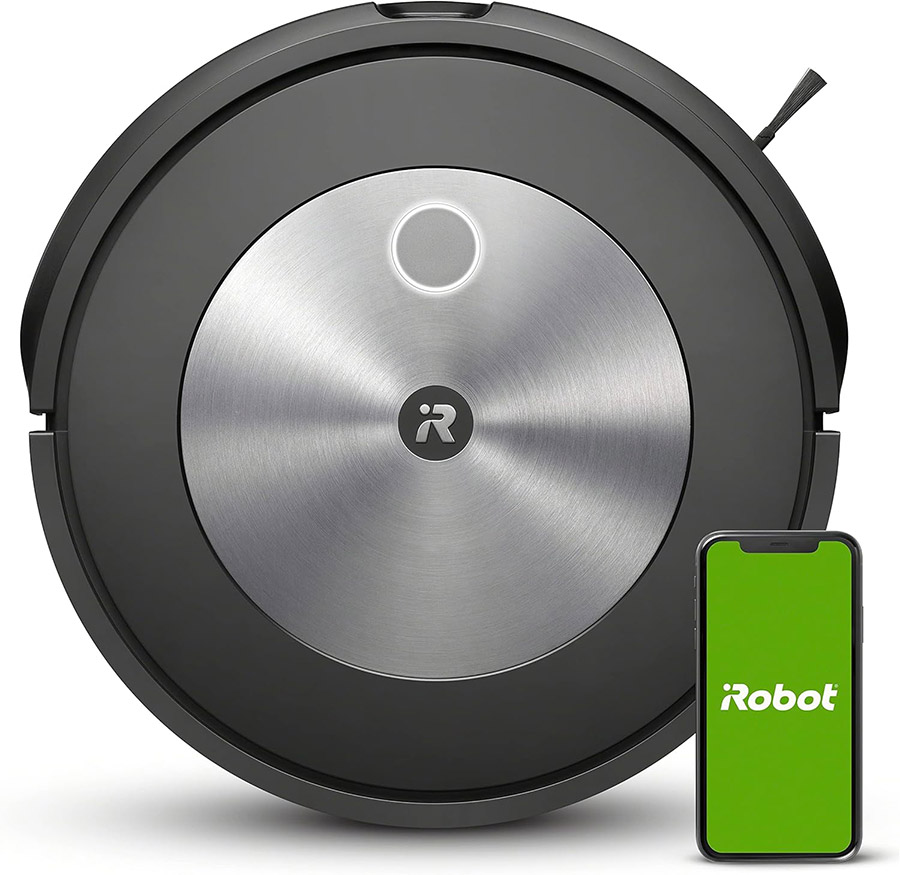
iRobot was one of the very first companies to manufacture robotic vacuums, and they’re now producing their 10th-generation models. The J7 is their base model and you can find it on Amazon for $299. This basic Roomba comes with Smart Mapping technology and can be controlled with an app. It’s a good choice for someone who wants a dependable robotic vacuum from a trusted name.
Eufy RoboVac 11S MAAX
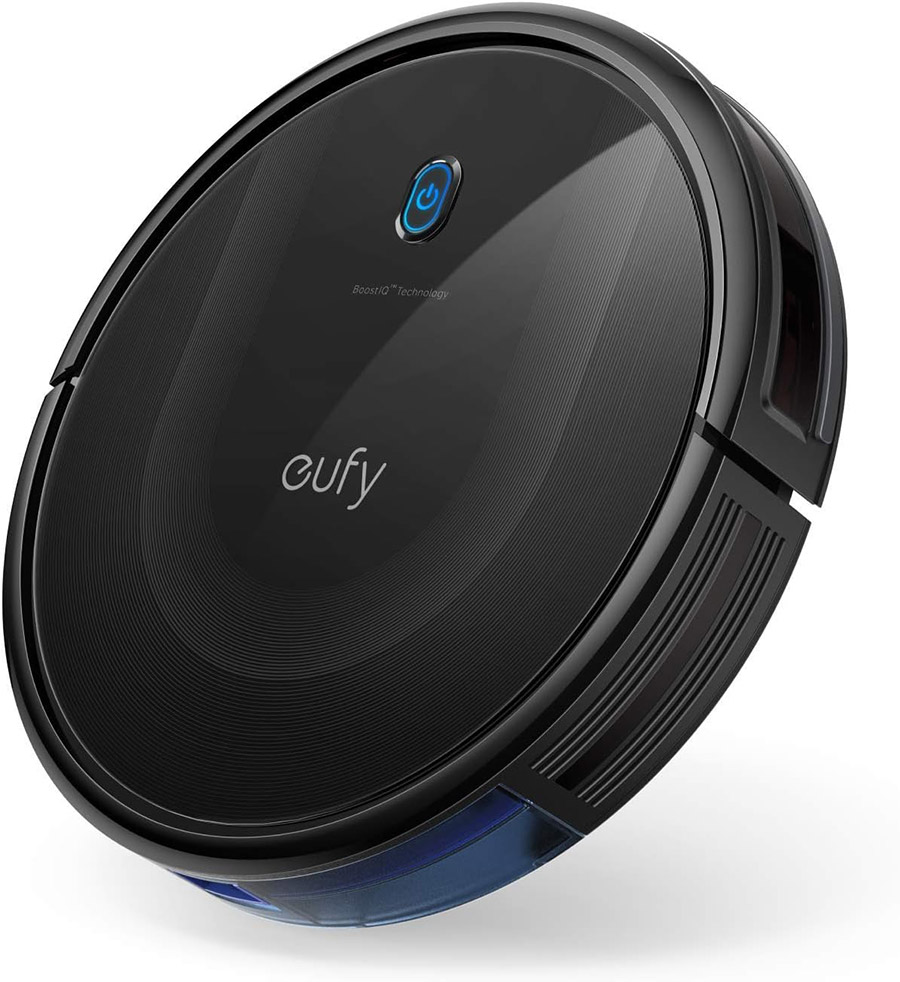
As one of the least expensive robotic vacuums on the market, Eufy’s 11S MAX retails for only $239, making it an ideal choice for someone who wants to try out robot vacuums, but doesn’t want to spend a lot of money. The 11S model is super slim so it can get under most furniture, can clean for up to 100 minutes on a single charge, and is quieter than most other models.
roborock Q7 Max+
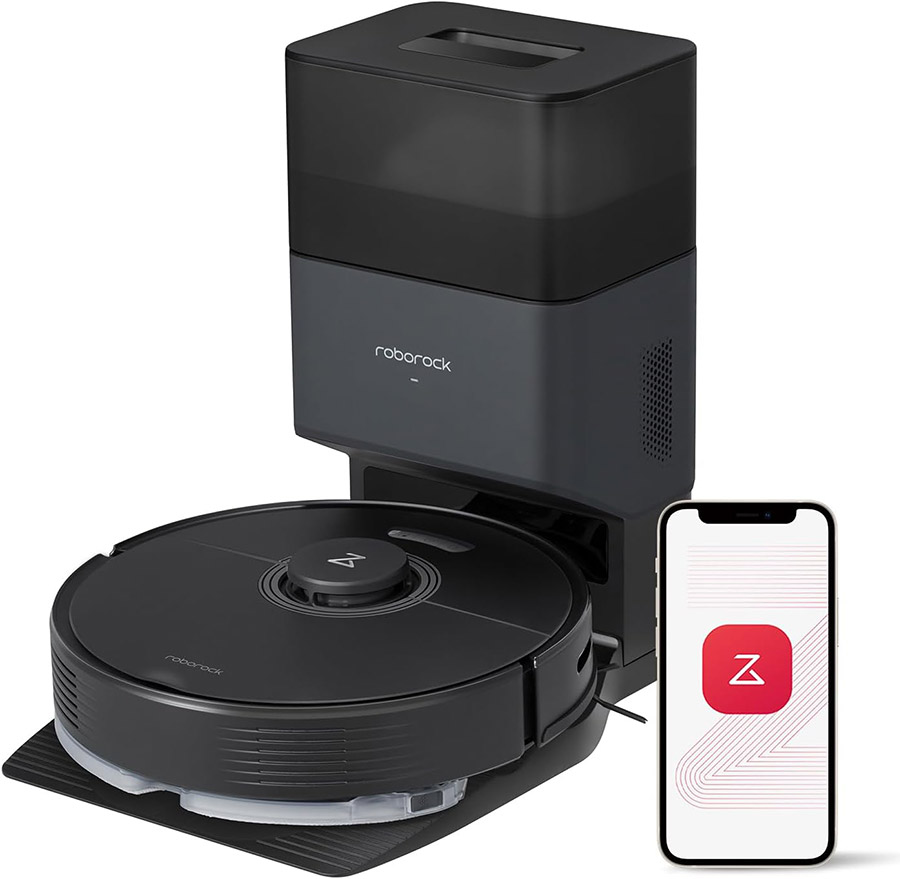
Roborock is another trusted name in the business, and like other companies has a range of models to choose from. The Q7 Max+ comes with an auto-empty dock, powerful suction, and also has a mop feature. It currently retails for $699.
dreame D10 Plus
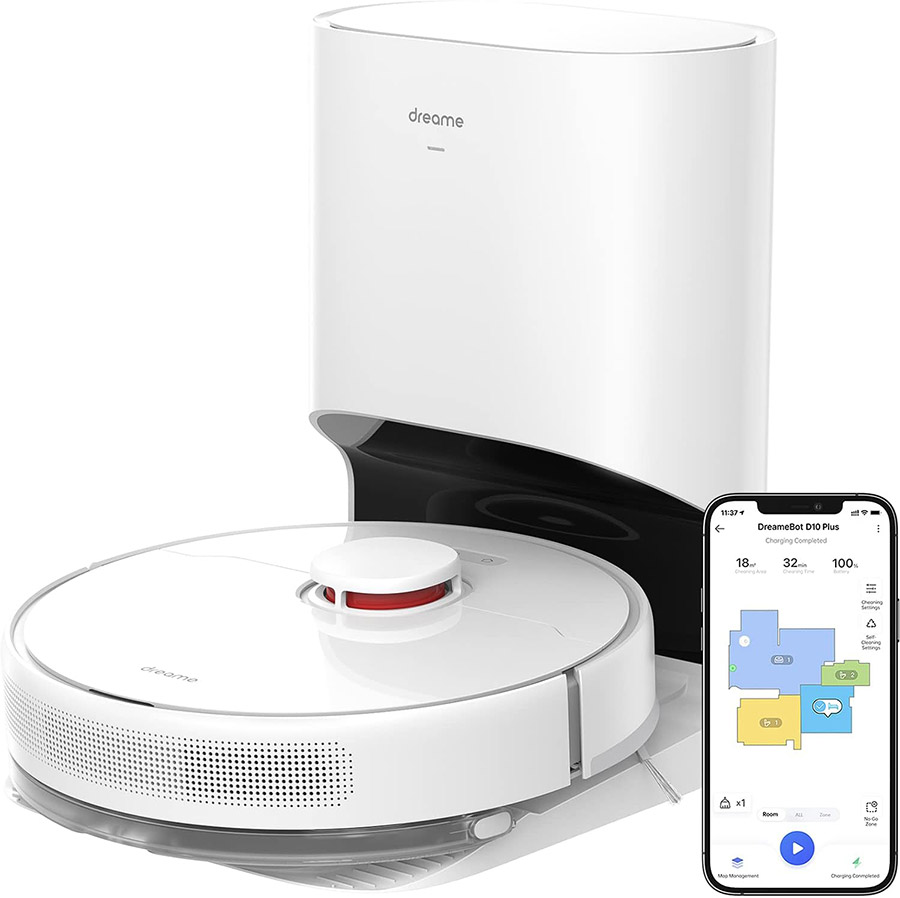
At only $299, the dreame D10 Plus model is one of the cheapest on the market that includes both a self-emptying base and a mop feature for under $300.
Final Thoughts
So, do Roombas actually work and are they worth it? For many the answer is yes, but it comes with a few caveats. Namely, you should ensure you have the right kind of house and lifestyle.
Folks who live in a single-level home or apartment, those with mostly hard floors or short carpeting, or pet owners who want to stay on top of the fur will likely see Roomba as a wise choice. However, if you live in a more cluttered space, have multiple stories in your home, or can’t handle the constant noise, you may find a Roomba really isn't right for you.
Do Roombas work on carpets?
Yes, Roombas work on carpets, but they become less effective the longer the pile. They can keep the top layer of the carpet clean, but won’t be able to deep clean the way an upright vacuum can.
Do Roombas work on hardwood floors?
Roombas are ideal for cleaning hardwood floors; however, be sure your floors are properly sealed to prevent damage.
Do Roombas break easily?
Many Roomba reviews talk about how quickly they can break down, but this typically means people aren’t using them correctly. If you’re not regularly cleaning and maintaining it or are letting it fill up with debris without emptying it, it can break down faster.



